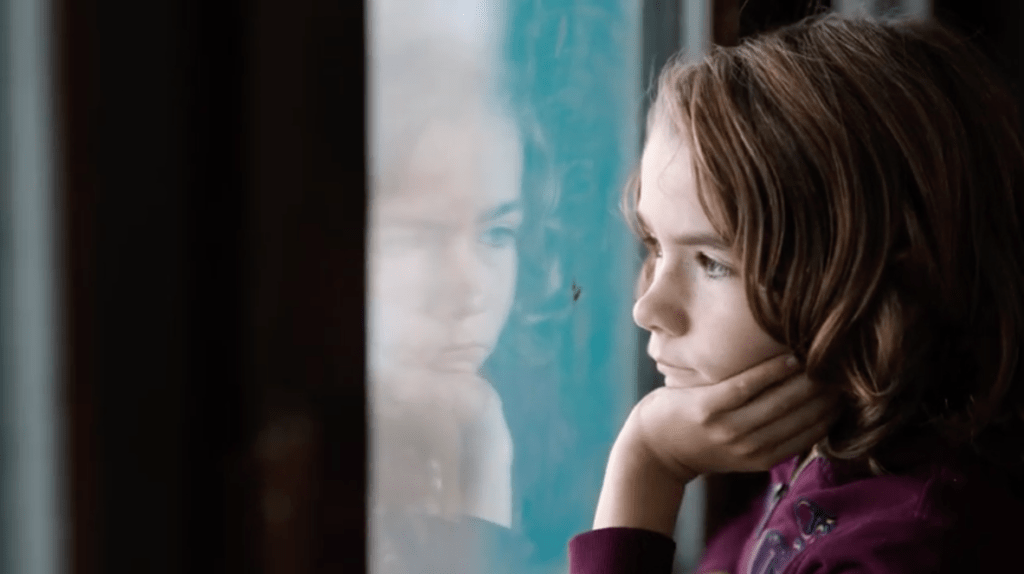The overall well-being of children and teenagers has been drastically impacted by the coronavirus crisis and measures taken to curb infections, but the effects on children in precarious situations are especially worrying, a study has found.
Since the start of the pandemic in March 2020, young children's lives at school, home and leisure time have been directly impacted by coronavirus restrictions: school closures, changes to extracurricular activities, and not seeing friends.
A study conducted by the UGent, VUB and KU Leuven's Youth Research Platform in cooperation with the HOGENT college surveyed almost 2,500 children aged 10 to 12. It found that this has negatively impacted both their general well-being and their academic achievements.
"Our main concern is that this age is critical for the development of a child and their personality, and at this very fundamental stage of their lives, they are faced with very difficult issues that they are clearly concerned about," UGent researcher Jef Vlegels told The Brussels Times.
Young children reported feeling less happy, less energetic, less self-confident and sadder in 2021 compared to those included in a similar study conducted in 2018. By comparing the results of both studies, researchers want to contrast young people's state of mind and their living situations before and during the pandemic.
The importance of socialising
This year's results were particularly harrowing for children with a difficult domestic situation. "We are concerned this will create a greater social inequality between children. Our study revealed that children in precarious situations are being completely neglected," Vlegels said.
He explained that young people's mental health is very much linked to social connections and that these children are less likely to maintain social contact with their peers – mainly because they don't have access to the tools, for example, smartphones or tablets, to do so.
Overall, researchers are also very concerned about the long-term effects of young people missing a lot of extra-curricular activities. These are "important for building a social network that will support them later in life."
One way that teachers can help these students is by not only teaching online but also providing online contact moments before or after classes to ensure that children – especially those in more precarious circumstances – are in contact with others. Vlegels added that parents should keep encouraging children to stay in touch with peers.
The vaccine solution
With infections spreading rapidly through primary schools, the measures imposed in schools and restricting extracurricular activities won't end any time soon. Virologist Steven Van Gucht – one of the key health experts advising the Belgian Government – acknowledges the enormous impact that these measures have on children. But calculating the full extent of the damage is complex.
"If you close cafes or events, you can calculate how much income has been lost and how much to compensate. But if a child misses weeks or months of school, that can be something that burdens them, and society as a whole, for years. Education is important for children but it is also important for the economy and society as a whole," he told The Brussels Times.
He added that children are "double victims" because they are being punished by restrictions and can't get vaccinated yet, which would relieve them of some measures. "Thanks to vaccinations, we have been able to open up society to a large extent. I used to think that maybe we could control the situation most of society and that we would get through the pandemic without necessarily having to vaccinate children."
Related News
- ‘Tired of waiting’: Children and young people go months without critical health services
- Digital well-being: being healthy in a hyperconnected world
- Study links social media use with depression in adults
Van Gucht drew attention to the rapid spread of the virus among children who are not yet eligible for the vaccine. "I hope this will be possible next year and that many parents will sign their child up; vaccinating children in itself is not anything new." The virologist added that this would give children some breathing space.
The Belgian Government is currently awaiting advice from the Superior Health Council. "We also still need to stock up on the children's dose, which is one-third of the adult dose and is expected to be delivered soon."
Listening to the voiceless
Researchers hope that this report will give "children who are usually voiceless in this coronavirus debate a voice" and push the Government to consider the mental welfare of young children when imposing new measures on schools or extra-curricular activities.
Flemish Minister of Youth, Benjamin Dalle, echoed this need, labelling the study "a call to policymakers at all levels to pay extra attention to children and young people in vulnerable situations when taking measures." Yet exactly how this balance between public health and young children's mental wellbeing should be attained, he did not clarify.
Were the matter up to him, Van Gucht said that he would favour keeping as many schools open as possible and pulling the brakes on extracurricular activities only when needed.
"For now, the reality is what it is: hospitals are filling up and other care is shutting down; you sometimes have to decide on difficult measures. Not doing anything is not an option either, because then the virus will take control."

